Struggling transplanted hydrangeas
westseattledeb
13 years ago
Related Stories
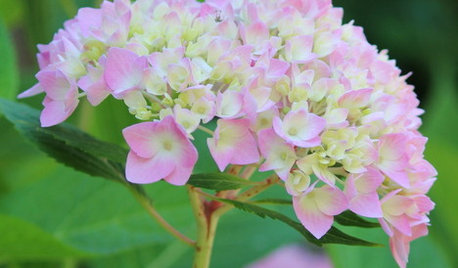
GARDENING GUIDESCalifornia Gardener's June Checklist
Update your hydrangeas, catch up on tomatoes and more ways to enjoy your California garden in June
Full Story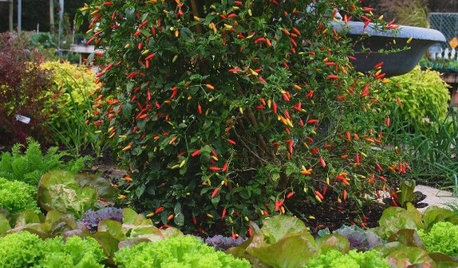
EDIBLE GARDENS6 Summer Edibles That Can Really Take the Heat
When garden temperatures soar, these herbs and vegetables rise to the challenge
Full Story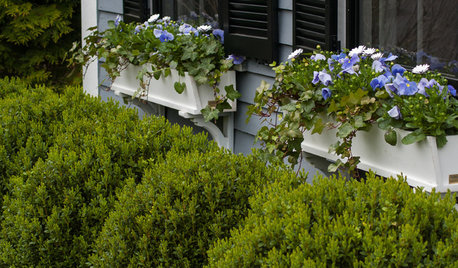
GARDENING GUIDESMake Sure You Read This Before Buying New Plants
Follow these 10 plant-selection tips to avoid buyer’s remorse
Full Story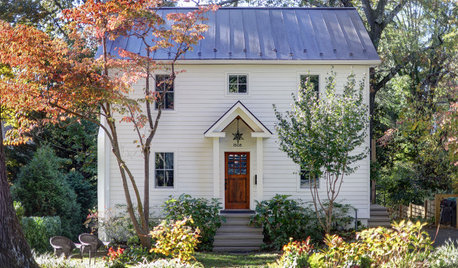
FALL GARDENINGMake This Fall’s Garden the Best Ever
Learn the most important tip for preventing buyer’s remorse, plus get more valuable buying and planting advice
Full Story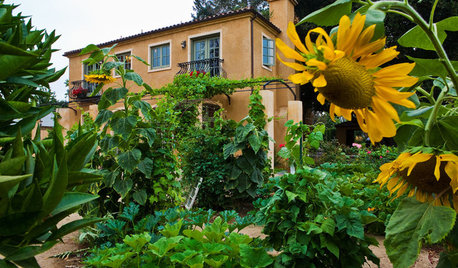
REGIONAL GARDEN GUIDESTexas Gardener's April Checklist
Get your sowing and planting on — spring brings a tantalizing array of possibilities in the garden
Full Story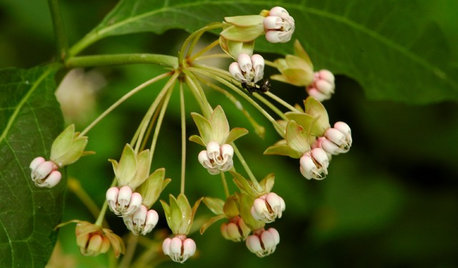
GARDENING GUIDES5 Unsung Wildflowers That Thrive in Dry Shade
Turn shady problem spots into garden idylls with with these prolific, easy-care bloomers
Full Story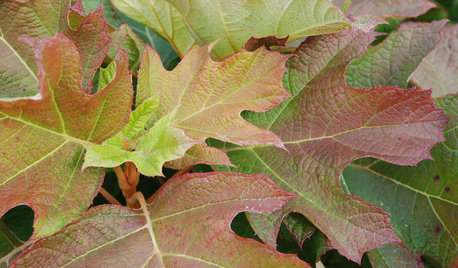
GARDENING GUIDESNortheast Gardener's November Checklist
Let titian foliage and berries, silky milkweed, late-blooming asters and more lure you out into the autumn garden
Full Story
LANDSCAPE DESIGN4 Gorgeous Garden Looks for a Narrow Planting Strip
Make a strong design statement in an unexpected place with these ideas for perimeter plantings, pocket gardens and more
Full Story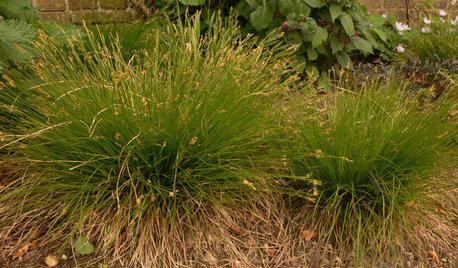
GARDENING GUIDESGreat Design Plant: Carex Eburnea
The perfect ‘grass’ for dry shade is a sedge
Full Story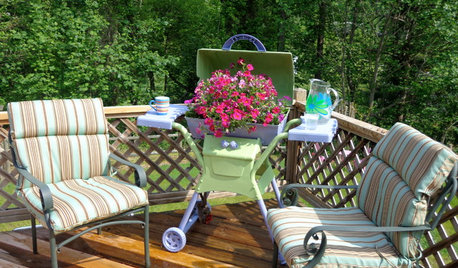
SALVAGEReinvent It: Make a Cheery Planter From an Old Eyesore
Don't ignore that yucky old grill growing rust in your yard — turn it into a lighthearted planter that's a joy to see
Full Story








joannemb
gardengal48 (PNW Z8/9)
Related Professionals
South Elgin Landscape Architects & Landscape Designers · La Vista Landscape Contractors · Lehigh Acres Landscape Contractors · Live Oak Landscape Contractors · Miller Place Landscape Contractors · New Brighton Landscape Contractors · Pompano Beach Landscape Contractors · Porterville Landscape Contractors · South Portland Landscape Contractors · University City Landscape Contractors · New Carrollton Landscape Contractors · Annapolis Siding & Exteriors · Columbus Siding & Exteriors · Oak Park Siding & Exteriors · Wheeling Siding & ExteriorswestseattledebOriginal Author